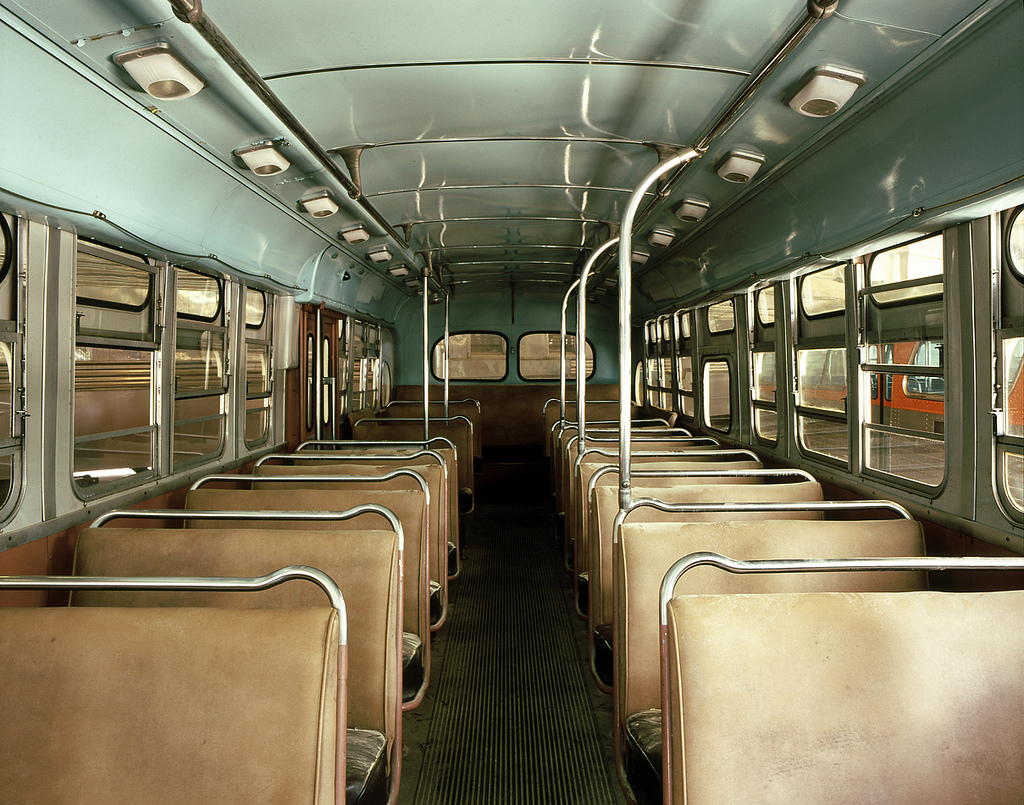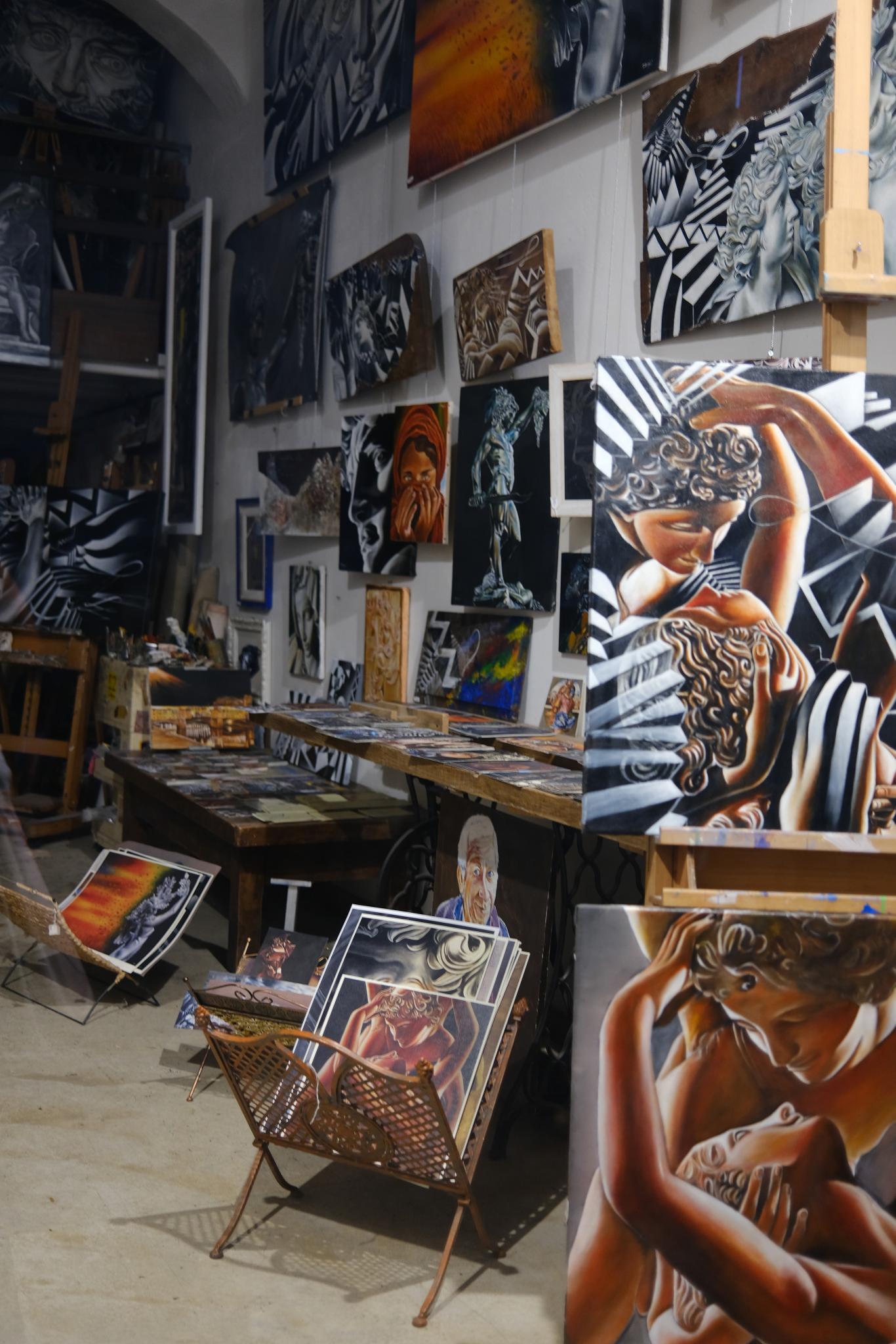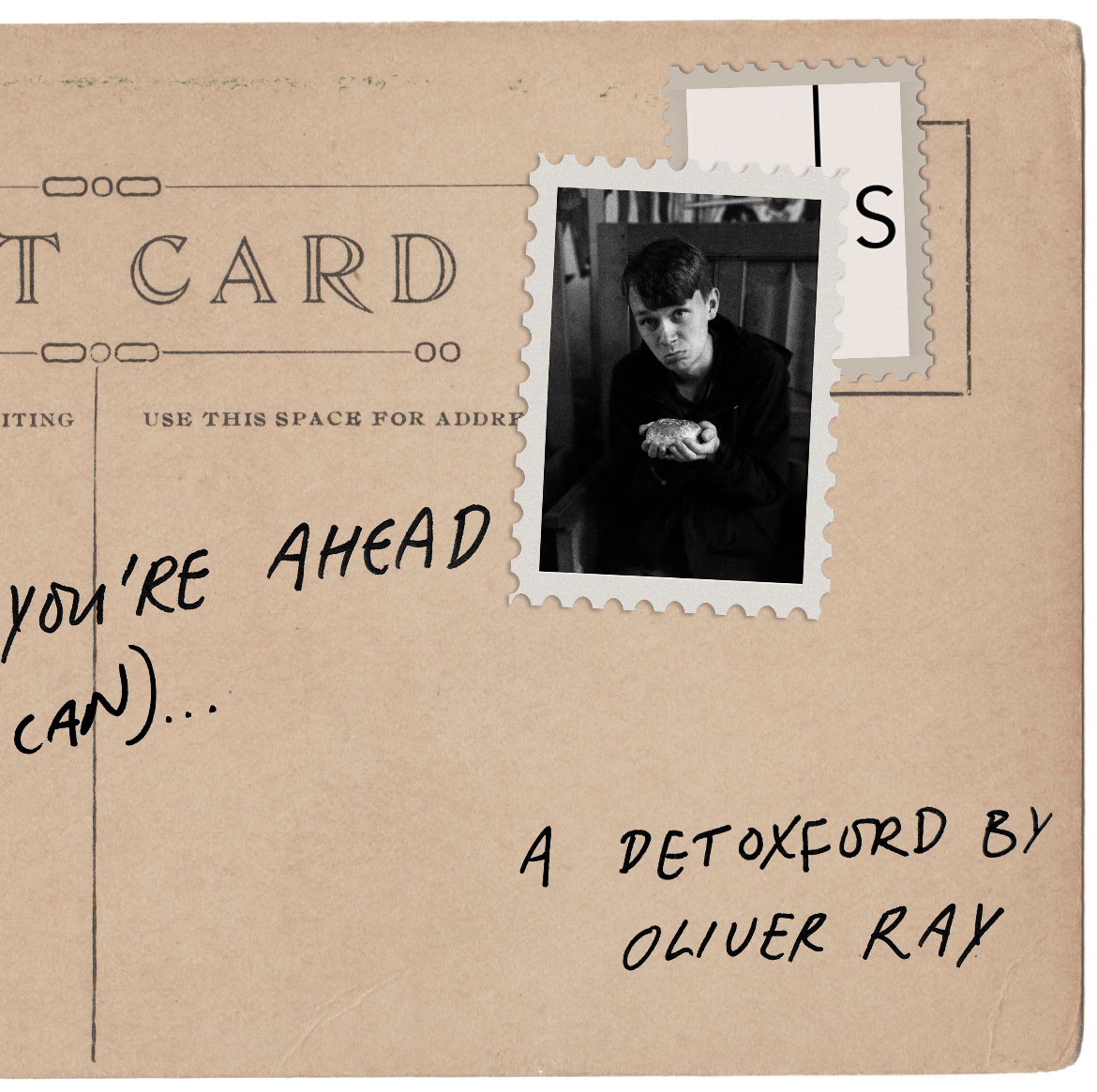
On Furlough: Taking the Greyhound to Dallas
It was an oppressively sunny afternoon in Las Cruces, New Mexico, and I was scheduled to make a 15 hour Greyhound journey from Chucky’s Convenience Store on the outskirts of town to the bus terminal in Dallas, Texas. I had been warned half-jokingly by my American friends about taking the Greyhound, and, more specifically, about the kind of company I might find myself in. For me, though, as I lugged my backpack into the hold and said goodbye, the bus still had a slight Kerouac-induced aura of peripatetic adventure.
I sat in the first available seat that I came to, beside a middle-aged man in grey trackies, a plain white t-shirt, a grey baseball cap, and grey Adidas trainers. As the bus pulled out of the car park, we struck up conversation. As it happened, he was a convict. Not an ex-convict, but a convict, transferring himself to a low security prison camp near Philadelphia, where he was originally from, and where he had been convicted of drug trafficking in the early nineties.
He soon asked, very politely and unassumingly, whether he could use my phone. I said, “of course,” and handed it to him. He wanted to call his family to let them know what his situation was; he himself had only been told that he would be allowed to go ‘on furlough’ two days prior to his departure that morning, without any opportunity to make contact with his parents or siblings, or with his now-adult children.
He also wanted to call “some old girlfriends” from Philadelphia, to see if he could arrange a meeting before he had to be at the prison-camp. “Fifteen years, it’s been,” he said, “fifteen years, til this morning.”
I asked him how it had felt to get out. “I got in the cab to the Greyhound stop, and the driver – he drives cons to the stop all the time so he knew – he turned round to me and he said, “It’s alright if you want to.” And I did; I cried, and I couldn’t stop crying. I can’t describe how it felt.”
He fiddled frustratedly with my phone, looking as though he hadn’t calmed down much since that moment of faux-liberation. It occurred to me that he didn’t know how to use it, having been in prison for so long; it was a touch-screen. I showed him what to do and, as he entered the number, pressed green and waited intently, I observed him more closely. He was in fairly good shape, and incredibly clean. His hands looked soft and smooth, his fingernails perfectly clipped, his head close-shaven. The clothes were all new, and somehow even his eyes seemed cleansed; grey and washed out.
But the call wouldn’t go through. I apologised. He said it was fine and thanks anyway, and looked out of the window, dejected. Suddenly he took some bits of paper out of his bag and showed them to me. It was his itinerary. It was vast. The prison had bought him a ticket and sent him off traveling for three days and two nights straight, with only a short break every few hours. If he didn’t arrive at the prison-camp at the allotted time, he would be considered an escapee, and we were already running late.
He would get out this itinerary to show me again several times that afternoon and evening. Unsurprisingly he seemed attached to routine and repetition. When it got to 7pm, and we were discussing his day-to-day life in his previous prison, he started to narrate his evening routine as if it were embedded into his body-clock, as if he were still there: “I’m coming out into the yard now before dinner, maybe lifting some weights, you know, maybe just shit-talking with the guys…”
He had been incarcerated for so long that only the rhythms and routines of prison life seemed real. Physically, he was sitting next to me on the bus, but psychologically he was still locked up. As a result, the bus ride seemed to be an inexpressibly surreal and intense experience for him, and when he asked tentatively what I did, and what I was studying at university, I tried to explain, but I quickly realised that I was just another element of his journey’s unreality. I was from another world, and really we could barely relate to one another at all.
The most recent statement by the Federal Bureau of Prisons regarding the inmate furlough program runs as follows: the Bureau “encourages institutions to furlough transfer appropriate inmates… unless a more cost-effective means of transportation is available.” Expense, then, is the main reason why thousands of prisoners are traveling across the U.S. every year, disguised as civilians, riding on Greyhound buses unbeknownst either to the drivers or to civilian passengers. Though the man I met seemed safe enough, if a little on edge, the psychological impact of his circumstances made him unpredictable. As we passed the Mexican border at El Paso I was hardly surprised to hear him thinking out loud, “That fence really ain’t all that big…”
Image by Scott L







